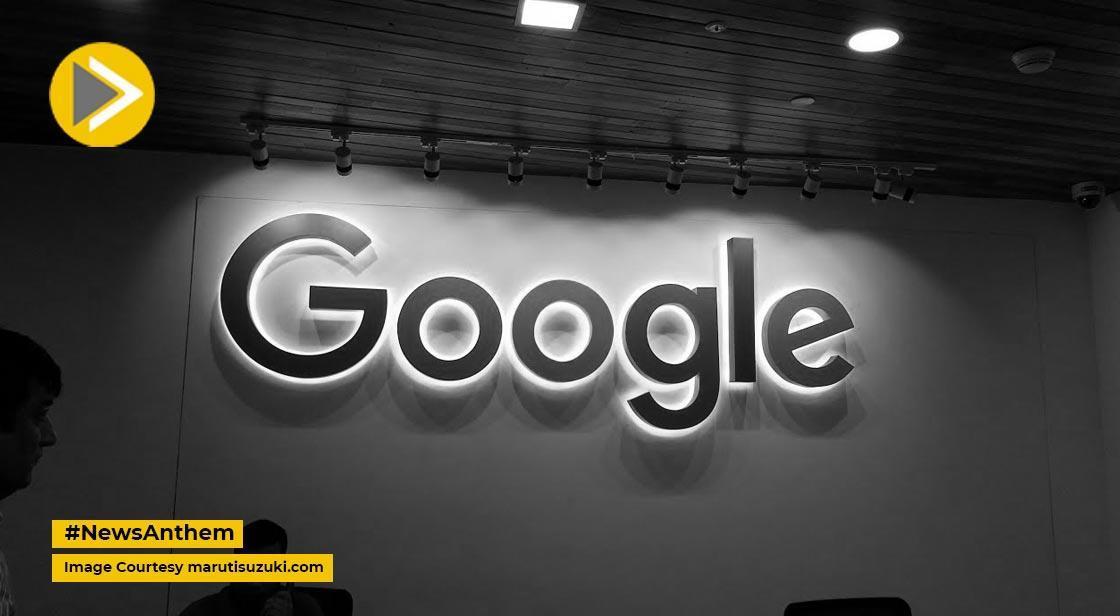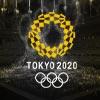Google and OpenAI AI Models Clinch Gold at International Math Olympiad 2024

News Synopsis
In a groundbreaking achievement for artificial intelligence, both Google (Alphabet’s DeepMind) and OpenAI have announced that their AI models secured gold medal scores at the 66th International Mathematical Olympiad (IMO) — one of the most prestigious math competitions in the world.
"Alphabet’s Google and OpenAI said their artificial-intelligence models won gold medals at a global mathematics competition, signaling a breakthrough in math capabilities in the race to build systems that can rival human intelligence."
A First in IMO History: AI Models Match Human Medalists
This is the first time AI systems have officially surpassed the gold-medal threshold at the 66th International Mathematical Olympiad (IMO), an annual competition that pits the world’s brightest high school mathematicians against challenging theoretical problems. The AI systems from both Google and OpenAI successfully solved five out of six problems, using general-purpose reasoning models that worked through natural language — a significant departure from the formal language or symbolic computation-based methods used in the past.
How Google and OpenAI Approached the Challenge
Google DeepMind’s Certified Participation
Google’s DeepMind collaborated directly with IMO organizers, ensuring that their AI model’s results were graded and officially certified by the competition committee. The model used was Gemini Deep Think, an advanced reasoning model that Google introduced earlier at its May developer conference.
"Google DeepMind worked with the IMO to have their models graded and certified by the committee."
The Gemini Deep Think model was able to complete all problem-solving tasks within the official 4.5-hour limit, using only natural language processing — a major shift from previous AI attempts that required symbolic logic and extensive computation.
OpenAI’s Experimental Reasoning Model
Unlike Google, OpenAI did not officially enter the competition but used the same set of this year’s IMO problems to test its model's capabilities. The company stated that the AI received a gold medal-level score based on evaluations by three independent IMO medalists.
"OpenAI did not officially enter the competition. The startup revealed their models have achieved a gold medal-worthy score on this year’s questions on Saturday, citing grades by three external IMO medalists."
OpenAI’s success was powered by a new experimental model that leverages a technique known as “test-time compute.”
"This was done by both allowing the model to 'think' for longer periods and deploying parallel computing power to run numerous lines of reasoning simultaneously," explained Noam Brown, a researcher at OpenAI.
Though OpenAI did not disclose exact computational costs, Brown admitted the process was "very expensive."
What Is Test-Time Compute?
Boosting Reasoning with More Time and Power
“Test-time compute” refers to the process of giving AI models more computational resources and time at inference, allowing them to consider more reasoning pathways before arriving at a solution. OpenAI’s experiment showed that increasing the thinking time and compute capacity can significantly boost an AI model’s problem-solving accuracy in complex domains like mathematics.
Expert Views: A Turning Point for AI in Research
Junehyuk Jung, a mathematics professor at Brown University and visiting researcher at DeepMind, highlighted the long-term implications of this breakthrough.
“I think the moment we can solve hard reasoning problems in natural language will enable the potential for collaboration between AI and mathematicians,” Jung told Reuters.
He also noted that this could accelerate AI’s role in addressing unsolved research problems in advanced mathematics and related scientific fields.
Human Participants and AI Models at IMO 2024
The 66th edition of the International Mathematical Olympiad was held on the Sunshine Coast, Queensland, Australia. Out of 630 student participants, 67 (around 11%) achieved gold medals.
"Of the 630 students participating in the 66th IMO... 67 contestants, or about 11%, achieved gold-medal scores."
This year also marked a new milestone, with the first-ever official coordination between the IMO and AI developers. The IMO committee requested all AI labs to withhold their public results until after the student competition results were released on July 28, to ensure fairness and recognition for human competitors.
“We respected the IMO Board’s original request that all AI labs share their results only after the official results had been verified by independent experts and the students had rightly received the acclamation they deserved,” said Google DeepMind CEO Demis Hassabis.
Publication and Community Reception
OpenAI released its findings on Saturday, shortly after the IMO closing ceremony, citing approval from an IMO board member.
“OpenAI... said in an interview that it had permission from an IMO board member to do so after the closing ceremony on Saturday.”
Meanwhile, Google plans to publish official results on July 28, adhering to the IMO’s agreed-upon timeline for AI disclosures.
What’s Next for AI in STEM?
Google and OpenAI researchers alike believe that this achievement is not just a win for mathematics but a harbinger of broader possibilities in scientific research, including physics, chemistry, and complex theoretical domains.
“The optimism is shared by Google researchers, who believe AI models’ capabilities can apply to research quandaries in other fields such as physics,” said Jung.
Conclusion
The success of Google and OpenAI at IMO 2024 represents a significant step forward in AI reasoning and natural language problem-solving. These milestones suggest that AI is rapidly approaching human-level intelligence in domains requiring deep logic and abstract thinking.
While much work remains before such systems become commonplace in academic or industrial settings, this gold medal moment shows just how fast the field is advancing.
You May Like









